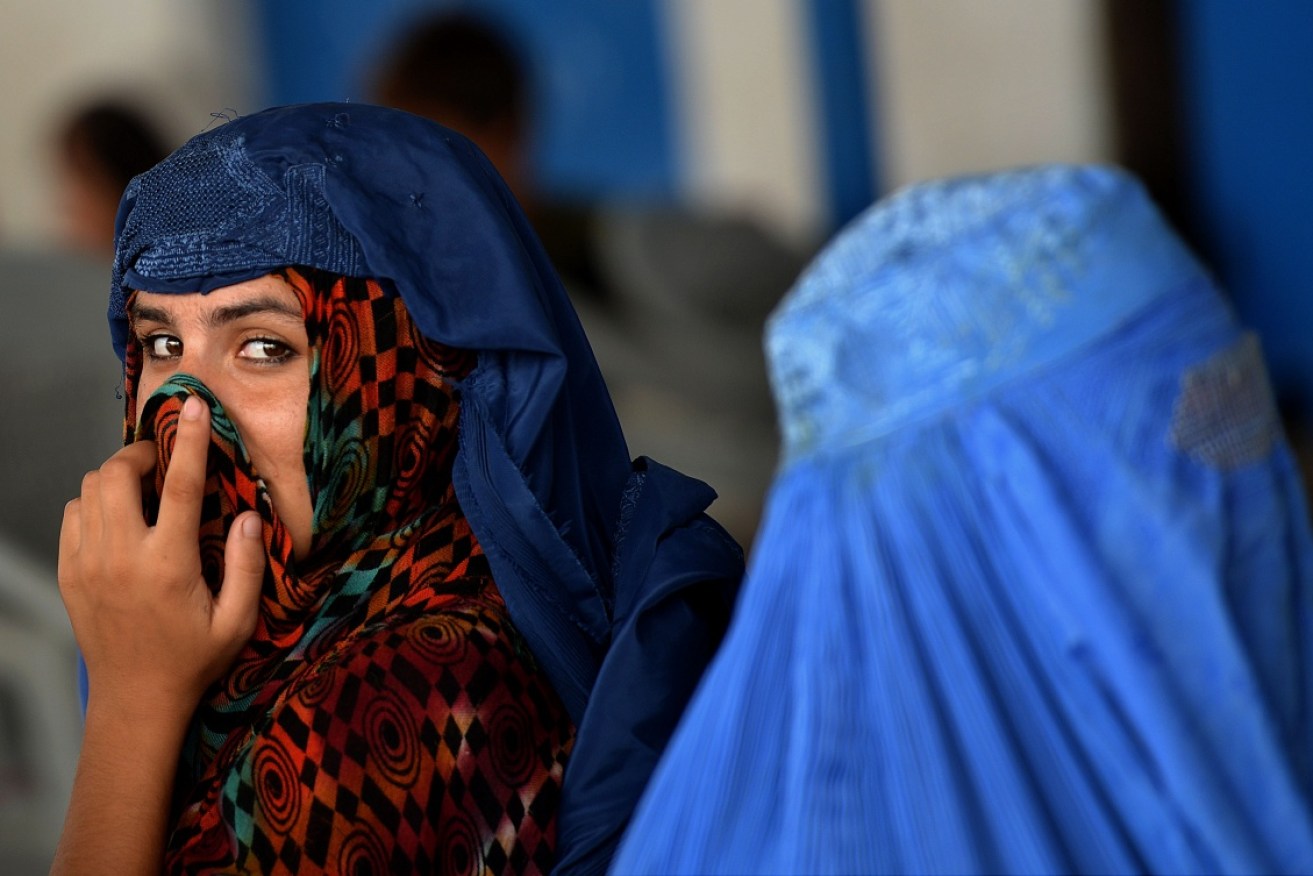Why Australia needs a debate on the burqa ban


German Chancellor Angela Merkel has called for a ban on full face coverings in Germany. Photo: Getty
German Chancellor Angela Merkel sparked rapturous applause with a comment more in common with the tweets of Donald Trump than what we’d expect from the refugee-welcoming, 2015 Time Person of the Year.
“The full-face veil is not acceptable in our country,” Ms Merkel told her conservative Christian Democratic Union (CDU) conference on Tuesday.
Not only that, she went on to say that full-face coverings “should be banned, wherever it is legally possible”.
If this call were made by Mr Trump on Twitter, an outrage would follow. But Ms Merkel is seen as a progressive and moderate leader.
Running foul
When I first moved to Pakistan as part of a UN humanitarian team, I found a gym around the corner from my temporary home.
I thought “ripper” and put on the shorts and t-shirt ready to run to the gym for a workout.
I got halfway down the block before the abuse turned me around. I did not realise that shorts were an unacceptable form of dress for men in Pakistan.
I knew women had such restrictions, but I was surprised at the immediate and hostile reaction to a man showing too much skin.
I could have asserted my ‘right’ to wear what I wanted, free from discrimination. I could have sought to impose my will on the local culture.
Or, I could accept local cultures, customs and norms and adjust my dress accordingly.
So I wore track pants.
Obey cultural norms
I believe every culture can set the customs and norms that they wish.
Having lived in Islamic countries, I understand the complexities of Islamic dress.
Some women have told me they feel “liberated by a full covering as I am free from the ogling gaze of men”. Others considered the dress standards to be an imposition on their freedom.
Islamic dress codes are complicated, even for those who live in Islamic countries.

In a speech to her own party, Ms Merkel toughened her stance on a number of issues. Photo: Getty
During my time in Pakistan I maintained no definitive view of my own regarding Islamic dress, particularly for women. Neither the culture, nor the impacted gender was my own.
Instead, I highly valued listening to the competing and alternative views men and women would espouse.
I maintained an open mind.
Freedom vs common decency
Away from the Islamic world, I understand that some in liberal democracies defend people’s right to dress howsoever they choose. That, after all, is freedom.
In western societies, those fighting for women’s freedom tend to defend the right to wear fewer clothes free from abuse. I agree up to the point of common decency.
Less often do these people defend a woman’s right to fully cover up if she so wishes.
If a woman wants to cover up, I see no reason to stop her.
I’m not saying we should defend a man who demands that a wife, child or family member should wear fewer or greater amounts of clothing.
A woman – or man for that matter – in our society should be able to wear what she or he so chooses, up to the point of ‘common decency’.
Like my choice of either shorts or track pants in Pakistan, there are consequences to clothing choice.

Burqas are a full face covering, often confused with a niqab, which leaves the eyes exposed.
I understand that some people in western countries can feel threatened by the full-face coverings.
Face-to-face communication is a comforting cultural norm for many. Hiding one’s face can be seen as a threat in western societies.
Is covering one’s face an affront to common decency? Should we ban the burqa in Australia too?
I do not respond with a definitive ‘yes’ or ‘no’. Rather, I hope that a well-reasoned debate can happen in western countries around competing rights that potential bans on clothing may raise.
But let us run this debate around common decency’and free it from racially or religious-based bigotry.
Andrew MacLeod is a visiting Professor at Kings College London, a Vice Chancellor’s Distinguished Fellow at Deakin University and a Non Executive Director of US, UK and Australian companies. He can be followed @AndrewMMacleod








